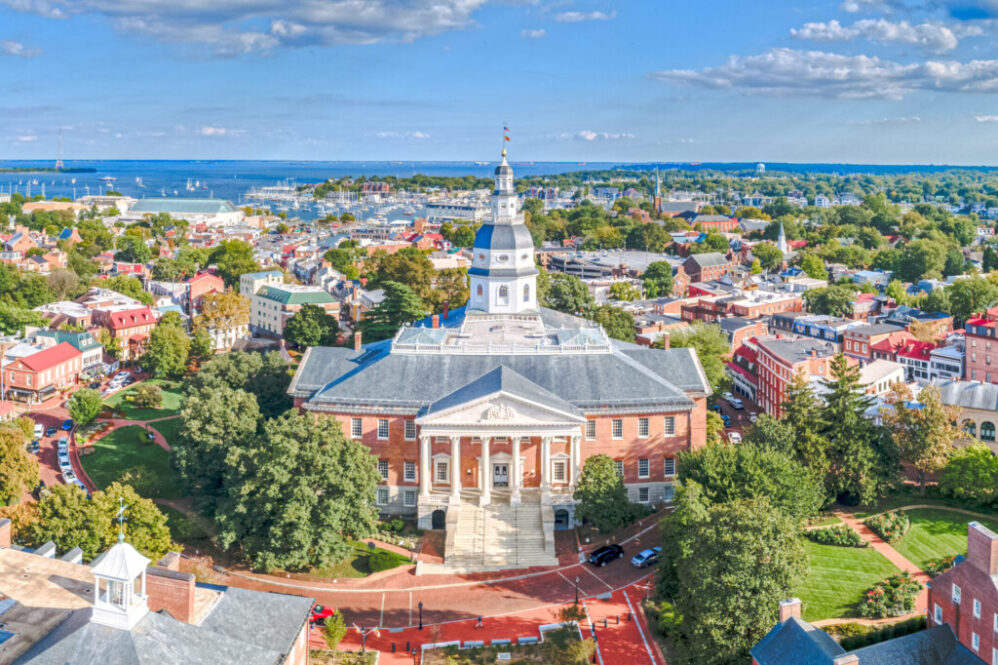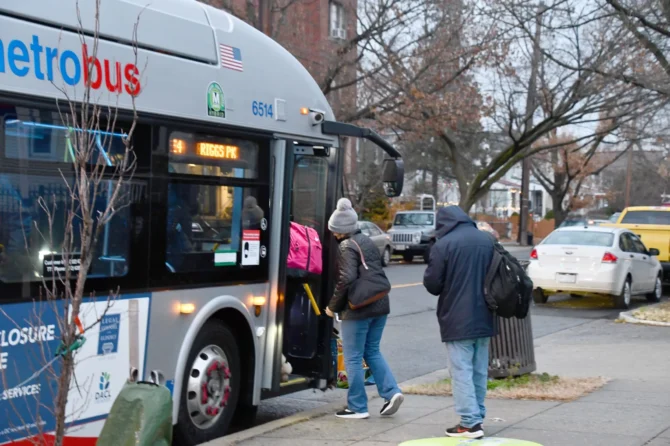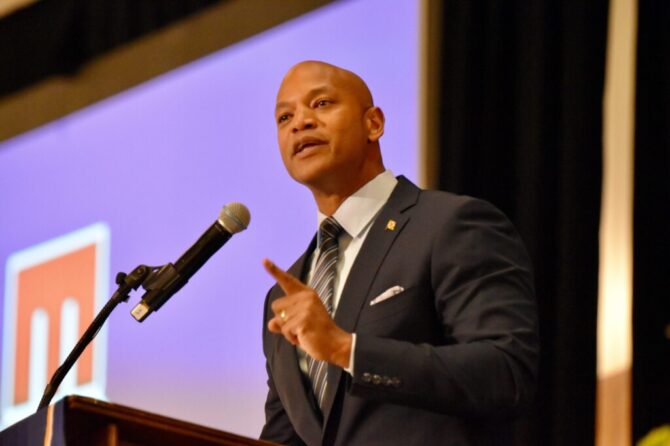Comptroller Peter V.R. Franchot (D), a gubernatorial candidate, is calling for a special legislative session so the General Assembly could grant him authority to suspend, temporarily, the state’s largest-ever annual gas tax increase which is scheduled to take effect in July.
Top state officials have passed the buck to each other on pausing the increase, which, on July 1, is expected to add another 6.6 cents to each gallon of gasoline purchased. That increase would raise Maryland’s gas tax, which is adjusted annually based on the consumer price index, from 36.1 cents per gallon to 42.7 cents per gallon.
Motorists across Maryland and the country are still shouldering the burden of gas price hikes while oil production has not matched increased demand and economic sanctions on Russia for invading Ukraine have cut supplies and raised oil prices around the world.
The average price for regular gas in Maryland is $4.61 per gallon as of Tuesday and the national average is $4.60 per gallon, according to AAA.
Franchot’s request comes after term-limited Gov. Lawrence J. Hogan Jr. (R), who will leave office in January, called on Franchot “to use every legal regulatory power at your disposal to halt or minimize the impact of the accelerating gas taxes,” and to consider extending tax payments and removing penalties for unpaid taxes.
In a response Franchot sent Tuesday to Hogan and the General Assembly’s presiding officers, Franchot wrote that, after “an exhaustive review” of Maryland tax laws, he learned that the state comptroller does not have authority to halt or pause the automatic gas tax increase or any tax rates.
The attorney general also advised Franchot that the comptroller he does not have statutory authority to increase or decrease taxes. That authority lies with the General Assembly, according to Raquel Coombs, spokeswoman for the attorney general.
On Monday, Franchot had called for the governor to issue a “State of Energy Emergency,” which he said would provide relief from the current gas tax as well as prevent the gas tax increase from taking effect.
But on Tuesday, Franchot instead called for convening a special General Assembly session within the next week to pass an emergency bill that would grant the state comptroller statutory authority to suspend the gas tax increase.
Franchot wrote that although he can extend deadlines for tax return filing and tax payments, “the law makes no mention of my ability to halt — temporarily or permanently — increases to tax rates.”
“Simply put, if I was legally able to prevent the motor fuel tax increase from going into effect, I would have done so already,” Franchot wrote.
Maryland General Assembly sessions last for 90 days from January to mid-April each year, but the governor has the power to call the legislature into special session outside of the regular session for no longer than 30 days.
The legislature’s presiding officers did not immediately respond to Tuesday’s letter.
Franchot also called on the state legislature to enact a four-month gas tax holiday, which he said would provide immediate relief for Maryland motorists. He pointed to the historic $7.5 billion state budget surplus as a way the state could replace revenue lost from another gas tax holiday, though some of the surfeit has already been committed to other causes or socked away in savings.
After Russia invaded Ukraine Feb. 24 and gas prices skyrocketed, the governor and General Assembly enacted a gas tax holiday in March that paused collection of the state’s fuel tax for 30 days. That tax holiday effectively drove the average price for a gallon of regular gas in Maryland down by 39 cents within a few days.
That 30-day gas holiday also cut about $94 million in state revenues, though lawmakers backfilled the lost revenue to the state’s Transportation Trust Fund, which helps pay for road, highway and bridge projects. It is unclear how much the state would forgo if a four-month gas tax holiday is enacted.
As the 30-day gas tax holiday neared an end, Republican lawmakers tried and failed to extend the suspension for 45 more days. Franchot had called for a three-month extension at the time.
Republican lawmakers also introduced an emergency bill, with Hogan’s support, that would have suspended the state’s annual gas tax increase for two years, but those bills stalled in committee.
On Tuesday, reacting to Franchot’s latest letter, Hogan spokesman Michael Ricci said in a statement, “All this flailing by the Comptroller isn’t helping Marylanders. We look forward to hearing his plan to help minimize the impact of this tax increase — as he has done in similar situations in the past.”
The comptroller’s spokeswoman Susan O’Brien noted that although the state comptroller can adjust timelines for tax payments and penalties, and has done so in the past, he cannot stop the automatic gas tax increase.
“The Comptroller doesn’t make law,” she said in a statement.
Hogan’s request for Franchot to delay tax payments and remove penalties will not reduce gasoline prices at the pump, but would allow oil companies to delay paying those taxes they collect from consumers, O’Brien continued.
“As the Comptroller does not believe that big oil companies deserve financial reprieve, he does not intend on following the Governor’s suggestion to extend the tax payment deadline for big oil companies,” she said.
This article is from Maryland Matters, to read more stories like this click here.
Photo: An aerial view of the Maryland State House. Stock.adobe.com photo by Matthew Tighe.











